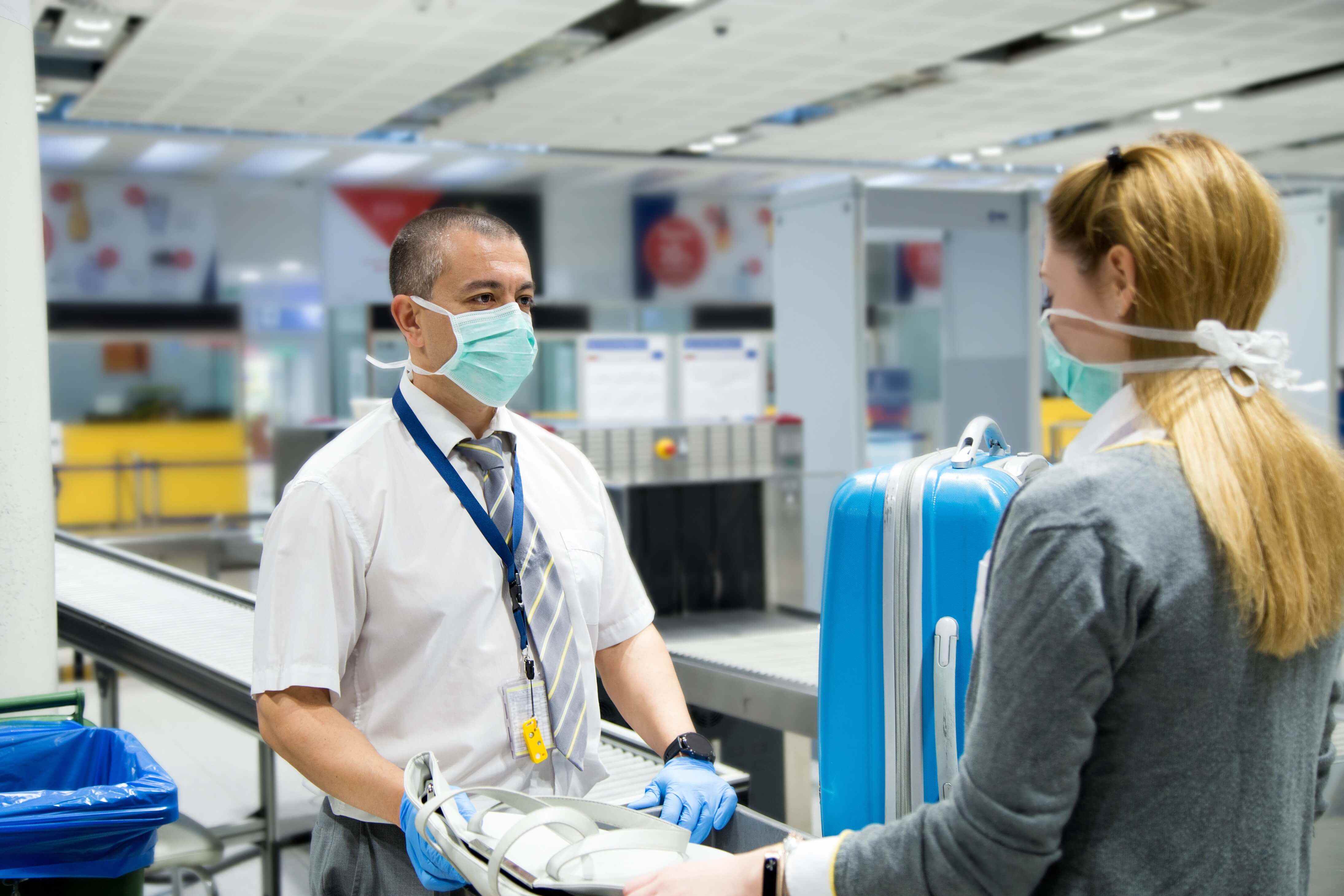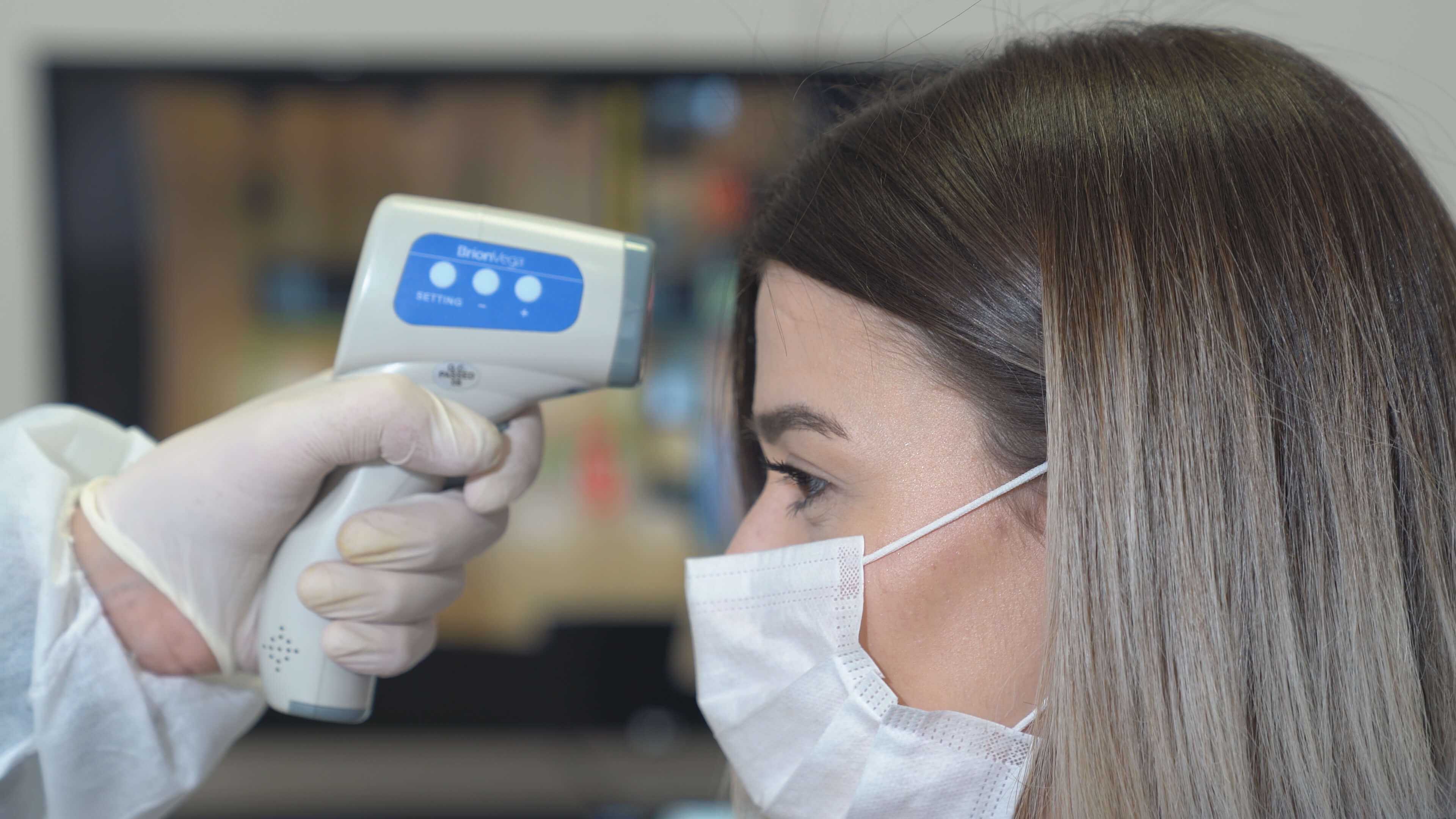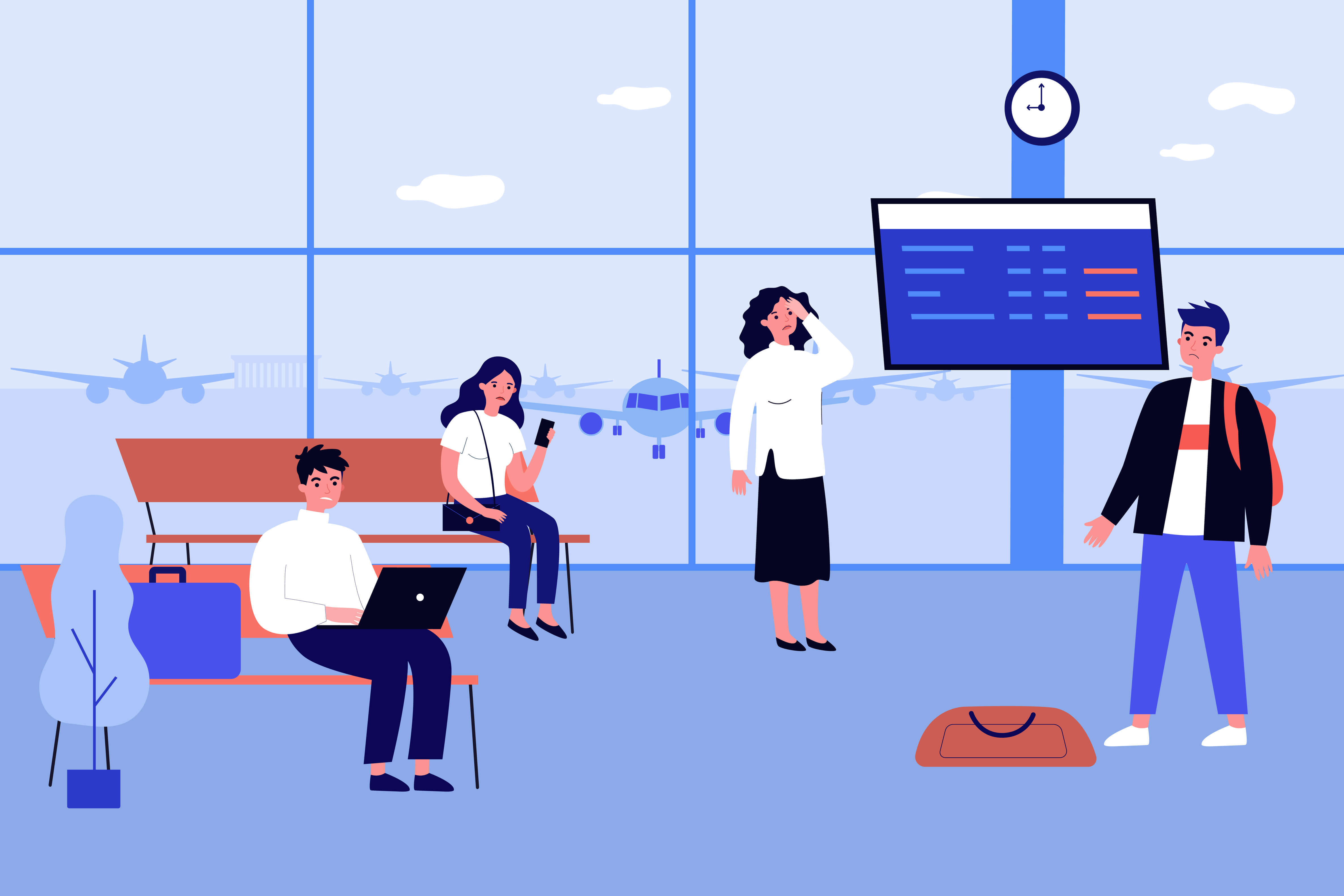How to travel safely during COVID-19

The International Air Transport Association (IATA) proposes alternatives to quarantine measures when countries are re-opening their economies. IATA has prepared a layered approach of measures to minimize the risk of countries importing COVID-19 via air travel and to reduce the possibility of transmission in cases where people may travel while unknowingly being infected with the virus.
The argumentation of IATA’s Director General and CEO - Alexandre de Juniac against the quarantine measures on arriving travelers is the fact that they keep countries in isolation and the travel and tourism sector in crisis. Fortunately, there is a way to return back to normal life and travel safely to other destinations. There are policy alternatives that can reduce the risk of importing COVID-19 infections while still allowing the reopening of travel and tourism which are crucial for the national economies. IATA is proposing a framework that prohibits sick people from travelling and identifying the contact persons in case passengers discover they were infected after arrival.
Reducing the risk of imported cases via sick travelers
IATA encourages bio-safety measures in two specific areas – reducing the risk of imported cases via sick travelers and minimizing the risk in case an infected person travels not knowingly. The first measure applies to passengers who exhibit flu or similar symptoms that have been identified in COVID-19 cases. The idea is to discourage ill passengers from travelling and to support them in adjusting their bookings. For this reason, IATA reviews airlines’ policies and encourages airlines to offer more flexible alternatives when booking flights.
IATA also supports health screening by governments in the form of health declarations. In order to avoid privacy issues and minimize the risk of infection through the handing of paper documents, airlines are required to send standardized electronic declarations, which are then signed and handed in by the passengers. This allows contact tracing in case a passenger turns out to carry the infection. Health screening using remote temperature checks is also strongly encouraged, although a fever is not the most reliable symptom of COVID-19, since not all infected people experience it. Even though, temperature checks are not the most effective screening method, they can still provide a sign of a passenger feeling unwell. In such cases, the passengers are sent to their homes and usually required to undergo a 14-day self-isolation period or to get tested.
COVID-19 tests can also be conducted at the airport. This is a measure, which gets implemented for travelers from countries perceived to be “higher-risk”. The definition of “high risk” is, therefore, a country where the rate of new infections is significantly higher. In such cases, the airport authority of the arrival country is allowed to consider COVID-19 testing. This measure could result in airport blockage due to the larger amount of people and the necessary time it requires to take the test and receive the result. This in turn could also lead to higher risk of infection at the airport. For this reason infection specialists recommend that tests are undertaken prior to arrival at the departure airport. There are further considerations that tests would have to be widely available and highly accurate. Results would have to be delivered quickly and the test data would need to be mutually validated by governments and securely transmitted to the relevant authorities. These are all prerequisites that are hard of executing and overseeing on a wider level.

Health screening via temperature check at the airport. Source: Adobe Stock
Minimizing the risk in case an infected person travels not knowingly
IATA also promotes the recommendations of the European Union Aviation Safety Agency EASA and the US Federal Aviation Administration (FAA). These health safety measures include wearing a mask throughout the whole travel process – at the departure and arrival airport and during the flight, sanitization, health declarations and social distancing where possible.
In addition, the European Union is proposing measures to limit the risk of transmission at destination. Governments must take measures to contain the spread of the virus on their territory. This means that the hospitality sector must develop a pragmatic approach in order to facilitate safe tourism and restore travelers' confidence. Hotels and other accommodation establishments must create protocols and monitor the safety of visitors. Sectors of the travel and tourism industry, including attractions, retail, tour operators and public transport, must also adopt security measures and protocols to ensure safe travel.
Flight cancelled due to COVID-19
Has your trip been cancelled due to corona virus? If so, you may still be entitled to compensation under EU Regulation 261/2004 and the airline is obliged to reimburse you for ticket costs or offer you an alternative flight. You are not obligated to accept a voucher or an alternative flight from the airline. You can always demand that the airline reimburses your full ticket costs. We also recommend you to use our website and make sure whether you are entitled to compensation based on the EU Passenger Rights Regulation. We are happy to help you with your ticket refund and there is no cost risk for you at any point. You simply need to enter your flight details at www.myflyright.com and check your claim free of charge.
Main image source: Adobe Stock
Latest posts
Mastering summer travel with your credit card: 10 essential tips
From transfer partners to trip insurance, here are ten tips to make your summer travel more affordable and enjoyable.
Top 10 travel booking portals for summer 2024
Renowned portals, tour operators, as well as meta search engines offer a vast array of choices.
AI takes flight in airline pricing
This innovative approach has attracted significant attention from major airlines such as Virgin Atlantic and Royal Air Maroc.
About MYFLYRIGHT
MYFLYRIGHT is a legal tech company, specialized in the support of airline passengers affected by flight delays, flight cancellations, denied boarding, delayed or lost luggage and the refund of unused airline tickets. MYFLYRIGHT was founded 2016 in Hamburg, Germany. The company operates out of 3 offices, its headquarter in Hamburg and its branches in Prague, Czech Republic and Zaporizhia, Ukraine. Currently, MYFLYRIGHT employs a team of around 25 people working in Marketing, Operations, Legal, Customer Support and IT. The organization operates across 5 markets – Germany, United Kingdom, Romania, Austria, and Switzerland.
MYFLYRIGHT’s goal is to provide access to justice for all aviation passengers who experience irregularities in their flight transportation. Notably, 75% of all compensation requests submitted by passengers get rejected. Whereas, MYFLYRIGHT is able to successfully execute the applicable customer claims in more than 98% of cases at court.












